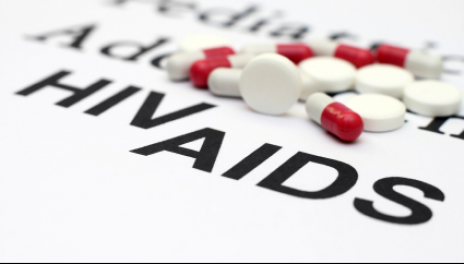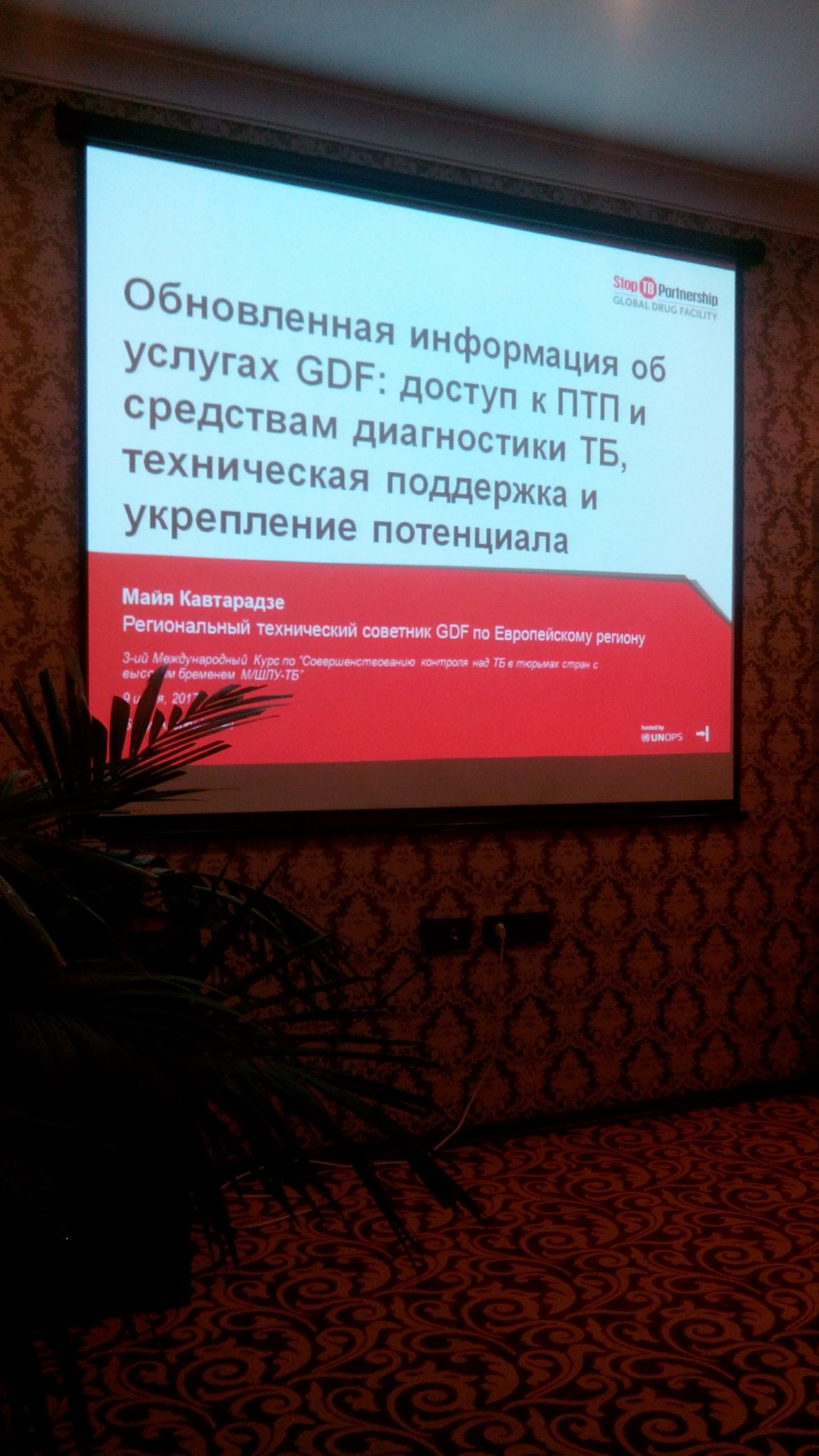How can the patients’ decision to be tested for HIV and start early treatment be encouraged? Study findings for healthcare workers and HIV service providers
One in three HIV-positive people in Ukraine is unaware of their HIV status. This means, such a person neither receives the assistance needed nor begins the treatment, which deteriorates the person’s health. The objective of our daily activities is to help Ukrainians live safely, enjoying 100% of life and health. To strengthen efforts addressing the HIV epidemic in Ukraine, we interviewed about 1,000 respondents in 11 Ukrainian regions; this allowed us to learn more about their risk behaviors, HIV prevention and treatment awareness, attitudes towards HIV non-governmental organizations (NGOs) and PrEP, as well as the most convenient ways to obtain information about HIV, and much more.
The study participants included about 29% of healthcare workers, some 26% of men who have sex with men, approximately 45% of men aged 30-50 and their sexual partner(s).
We now know that:
- Ukrainians most trust HIV-service NGOs as sources of HIV information; however, they do not know a lot about the services these organizations provide.
- Healthcare workers of any job profile have a high level of trust among the Ukrainian population and are considered reliable sources of information; however, many of them are not sufficiently aware of HIV and demonstrate a stigmatizing attitude towards PLHIV.
- More than 30% of the total population do not get tested for free because they are sure they do not have HIV.
- People do not often trust the quality and confidentiality of free services.
- Only 9% of the total population and half of the healthcare workers have ever heard of PrEP.
For healthcare workers
The study findings prepared specifically for healthcare professionals (ENG) will help primarily to better understand their patients and find out what factors can have impact on behavior changes in HIV prevention and treatment. Analytical materials have answers about attitudes to socially dangerous diseases and the health culture in general; this is precisely what lies at the heart of the daily activity of healthcare workers. The publication contains 8 valuable tips at the end, which will help both improve communication with patients and promote the health of their relatives.
For HIV NGO teams
Another publication was also issued for HIV NGO workers, including HIV service providers and others.This will be a quite a find for them because the data collected provides reliable support for the planning of communication activities and will help make the best choice of channels and tools, formats and tones for the efficient interaction with target audiences.
For potential readers of the full study
The full version of the study findings will appeal to those who want to see the full range of data obtained, without missing any indicators or respondents’ statements, and highlight what is the most important for them.
Use it to make the combat against HIV in Ukraine even more efficient!
A study of communication processes on HIV infection was developed and conducted by the European Institute of Public Health Policy as part of the Accelerating Ukraine’s Efforts to End HIV HealthLink project, which has been implemented by the CO 100% Life in partnership with the Public Health Alliance since 2017 with the USAID financial support.


